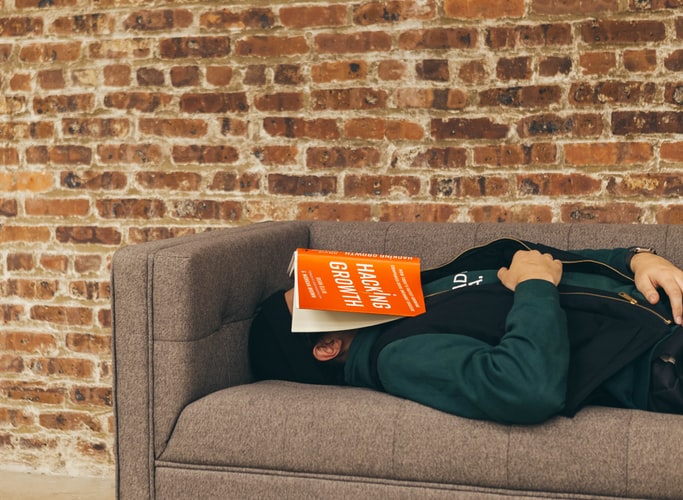Tag: stress
-

Mindfulness for Beginners
Story by Pete Ramirez Graphic by Kate Korepova Let’s face it, life is crazy right now and there is no sugar-coating it. In our fast-paced world, it’s easy to jump from one activity to the next, like a busy bumblebee flying from flower to flower collecting pollen. Don’t you just want to take a break…
-

The Tricky Balance Between Study and Sleep
A “Chicken or Egg” Dilemma, and How Students Can Fix It Story by: Jace Puckett College is a precarious balance between students’ social lives and classes; careers and exams; and, perhaps most importantly, sleeping and studying. Putting off study time can lead to long nights of cramming; conversely, losing sleep can cause students to crash…
